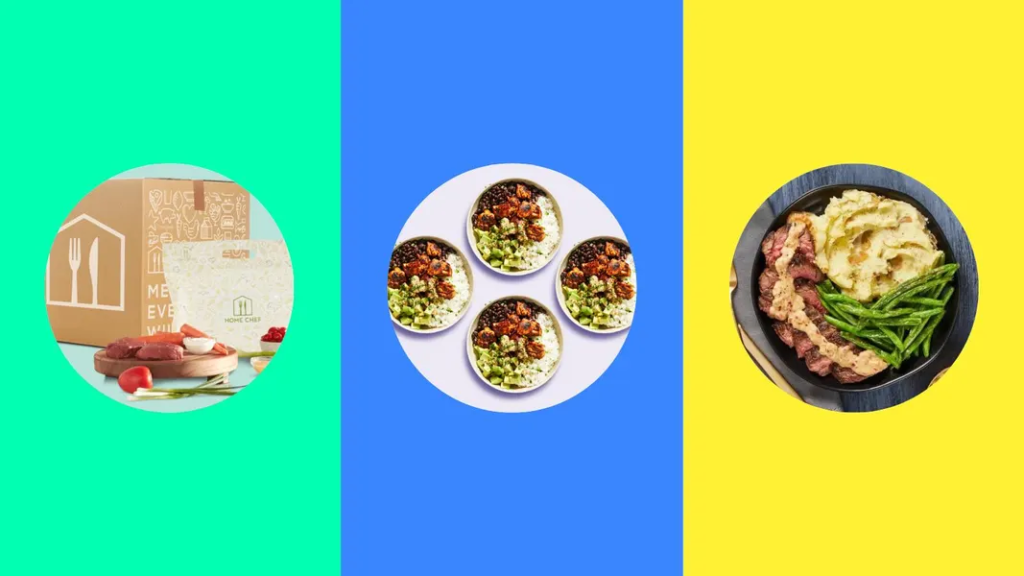In the realm of culinary creativity, cooking for special diets opens up a world of opportunity. Athletes seeking peak performance and individuals with dietary restrictions can enjoy delicious, satisfying meals tailored to their unique needs. In this article, we’ll delve into the art of preparing meals that cater to these distinct dietary requirements, emphasizing that health-conscious cuisine can be both nutritious and appetizing.
Athlete-Specific Diets
Athletes, whether professional or recreational, require diets that fuel their bodies efficiently, promote recovery, and enhance performance. Here are some key considerations when cooking for athletes:
1. Protein for Muscle Building and Repair
Protein is the building block for muscle development and repair. Include lean sources of protein like chicken, turkey, fish, lean beef, tofu, and legumes in athlete-centric meals. Protein-packed options include:
- Grilled chicken breast with quinoa and a side of steamed vegetables.
- Salmon with a lentil and spinach salad.
- Black bean and vegetable stir-fry with tofu.
2. Complex Carbohydrates for Energy
Carbohydrates provide the primary source of energy for athletes. Opt for complex carbohydrates that release energy steadily, such as whole grains, sweet potatoes, and brown rice. Suggested meals include:
- Whole wheat pasta with a tomato-based sauce and grilled vegetables.
- Brown rice bowls with sautéed greens and lean protein.
- Roasted sweet potatoes with a side of grilled chicken and asparagus.
3. Healthy Fats for Endurance
Athletes benefit from healthy fats that support endurance and overall health. Incorporate sources like avocados, nuts, seeds, and olive oil. Try dishes like:
- Avocado toast with poached eggs and a sprinkle of chia seeds.
- A mixed nut and dried fruit trail mix for a quick, on-the-go snack.
- Grilled vegetable salad with a drizzle of olive oil and toasted pine nuts.
4. Hydration and Electrolytes
Proper hydration is vital for athletes. Water and electrolyte-rich foods like bananas, oranges, and coconut water should be part of their diet. Create homemade sports drinks with these ingredients to keep athletes properly hydrated.
Dietary Restrictions and Special Diets
For individuals with dietary restrictions, such as gluten intolerance, lactose intolerance, or food allergies, cooking requires careful consideration and creativity. Here are some tips for crafting meals that cater to these specific dietary needs:
1. Gluten-Free Meals
For those with gluten intolerance or celiac disease, select naturally gluten-free ingredients like rice, quinoa, and corn. Create flavorful gluten-free dishes such as:
- Zucchini noodles with a gluten-free pesto sauce.
- Grilled fish with a side of quinoa and roasted vegetables.
- Rice paper rolls filled with fresh vegetables and grilled chicken or tofu.
2. Lactose-Free Meals
For individuals with lactose intolerance, choose lactose-free or dairy-free alternatives like almond milk, coconut yogurt, and dairy-free cheese. Try dairy-free meals such as:
- Oatmeal made with almond milk, topped with fresh fruit and nuts.
- A dairy-free vegetable lasagna with a tofu-based ricotta cheese substitute.
- A smoothie bowl blended with coconut yogurt, berries, and chia seeds.
3. Allergen-Free Cooking
Individuals with food allergies may need to avoid common allergens like peanuts, tree nuts, eggs, or shellfish. Adapt recipes to exclude allergens and offer dishes like:
- A nut-free pesto sauce made with sunflower seeds.
- Vegan baked goods using flax or chia eggs as an egg substitute.
- Allergen-free taco night with ground turkey, avocado, and a dairy-free cheese.
4. Plant-Based Diets
Plant-based diets have gained popularity, and vegan or vegetarian dishes are suitable for many dietary restrictions. Prepare plant-based meals like:
- Lentil soup with plenty of vegetables and a hearty salad.
- Vegan stir-fry with tofu or tempeh and an array of fresh veggies.
- A chickpea curry with coconut milk and aromatic spices.
Special Diets, Satisfying Flavors
Cooking for athletes and those with dietary restrictions may require some adjustments, but it’s a rewarding journey of crafting meals that are both delicious and tailored to individual needs. Whether you’re fueling an athlete’s training or accommodating dietary restrictions, you can create culinary delights that celebrate the diverse and unique aspects of these special diets. By prioritizing creativity and nutrition, you can delight your palate and promote overall well-being.

